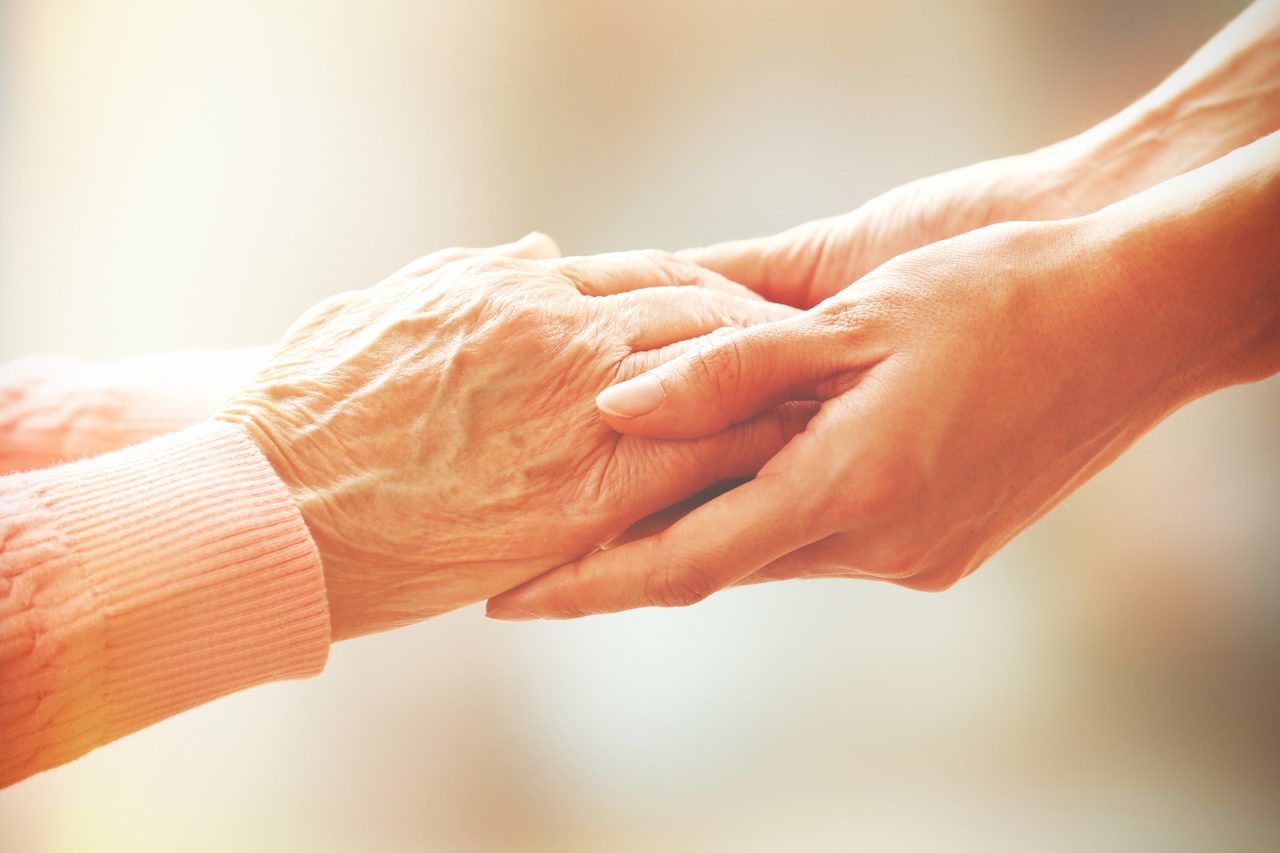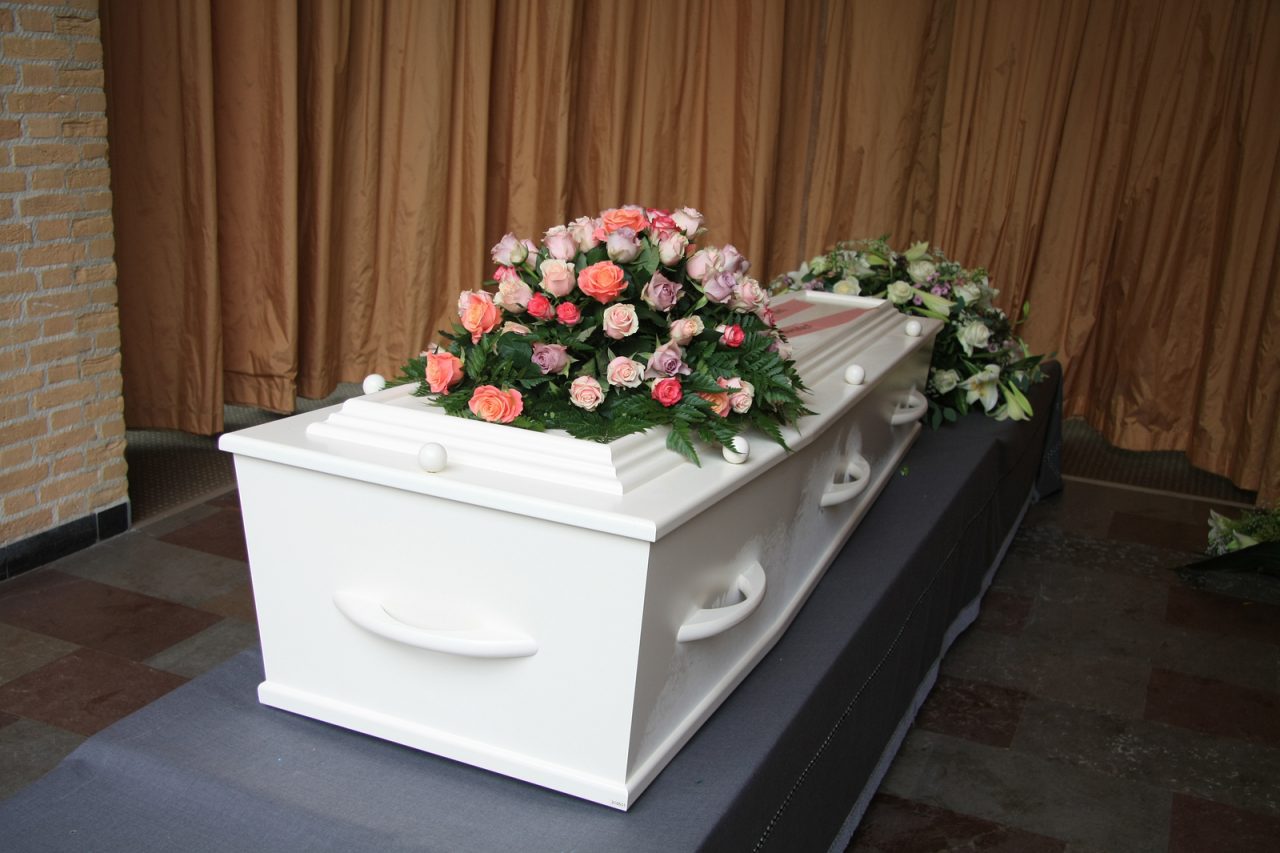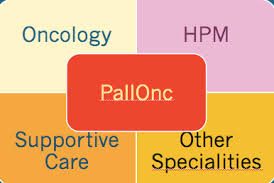You may not agree with what I have written. You may judge me callous and cold. I mean no disrespect to Dr. Bach or to the memory of his wife, Ruth. I can never truly understand their pain and loss. I am fully aware that I did not witness the actual events. However, their story as written is powerful, deeply disturbing and is embolic of much that is wrong with modern medical care. I cannot help but believe there must be a better way.
In the May 6, 2014 issue of New York Magazine, Dr. Peter B. Bach, a lung doctor who studies health policy at Memorial Sloan Kettering, wrote a staggering and heart breaking piece about the death of his wife, Ruth, from breast cancer. In superb and honest prose, The Day I Started Lying to Ruth, tells the personal and medical events of their last eight months together. To read his words is to be deeply moved.
The major theme of the article, as presented in the title, is the emotional conflict Dr. Bach and his wife suffered, primarily because he was a physician. Instead of being empowered by the knowledge and medical maturity, which his years of sophisticated background might have offered, Dr. Bach was crippled. Rather than connecting with Ruth more deeply and helping her cope with what was to come, he spends much of the eight months “indulging myself…endlessly contemplating the inevitable,” “a silent participant in the conspiracy.” Far beyond anticipatory grief, knowledge pulled Dr. Bach away from his wife at the time both needed the other most.
As Dr. Bach begins, “I started acting as my wife’s doctor, and I lied to her.” From their story, one might even conclude that a doctor’s role is to lie. At least as told by Dr. Bach, Ruth’s case is a litany of denial, distortion and increasing distance. Because of his experience and training, Dr. Bach has a long view of the events to come. The resulting deep anxiety was reflected and amplified by her treating physicians. At no point does one of her doctors take him aside and say, “Hey, your role is not to be her doctor, it is to be her husband. Stop reading her records, interpreting results and worrying about tomorrow. That is our job. This is precious time. Live each day with her.”
Instead, they allowed him perceived and real control. He was constantly communicating behind her back about diagnosis and treatment. Even as she is actually dying her treating physician tells Dr. Bach, not Ruth, that further chemotherapy is no longer possible. The doctor says that he does not want to tell her this decision, even though it is blatantly obvious to Ruth that she is deteriorating quickly. They agree that “maybe we won’t have to,” simply because death will likely relieve them of that responsibility. Thus, when Ruth challenged the treating doctor he lied and said that it was best to “wait another day for chemo.
Apparently at no time did any caregiver tell Ruth in a specific and clear manner her prognosis and thus give her the freedom to plan the end of her life. This despite Dr. Bach’s admission that Ruth had said she wanted to be informed. Among the few direct conversations about the disease, is a bizarre transcontinental phone consultation in which Ruth’s cancer specialist notes, “it can’t be cured anymore.” Otherwise, there is apparently no attempt to counsel Ruth in any sort of honest manner and thereby allow her to make decisions about her own life. I was astonished by the presence of the sentence “”she kept popping the poisonous pills because there was nothing else to do,” while completely absent at any point in the narrative are the words “hospice,” “end-of-life planning” or “palliative medicine.”
The failure of her physicians to have either of these conversations; “with your wife you are Peter, not Dr. Bach,” and “yes Ruth, you are dying,” resulted in disaster. Such professional support might have allowed Peter and Ruth to share this very difficult journey together, rather then being driven apart by their individual fear. While tragic and terrible, her death might have been calm and without crisis. However, they were trapped by shallow medical support into a feeling that there were no positive alternatives. Thus, in a final real and symbolic desperate medical intervention, the justification for which was “Why not,” Ruth undergoes a futile surgical procedure, which amplifies her suffering and obliterates irreplaceable time.
This very sad story is a microcosm of what is wrong with modern medical care. Our natural terror about pain, suffering, loss and death drives us apart when we most need to be together. The medical system colludes to amplify our denial and thereby increase our suffering. Dr. Bach’s response to his wife’s disease was a natural result of his experience and training in the setting of his deep passion for his wife. He, like her, was a patient in need. Her physicians failed to guide either of them down a path, which while heartbreaking, might not have been brutal, lonely and dehumanizing.
Until caregivers get control of their own fears and understand that patients are strong and can, with proper support, handle the most difficult of crises, we will never find peace at the end of our lives. It is not Dr. Bach who lied to Ruth. Because of infinite love, he could not stand to make her suffer. It was all of us.







14 Comments